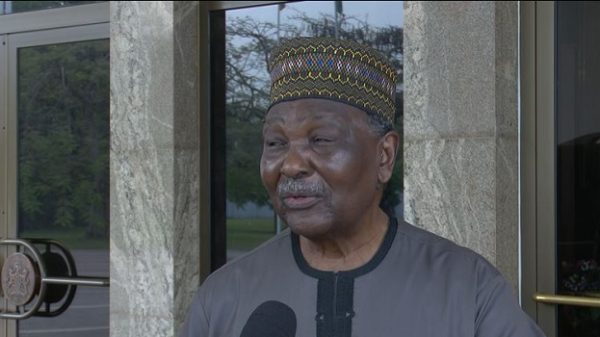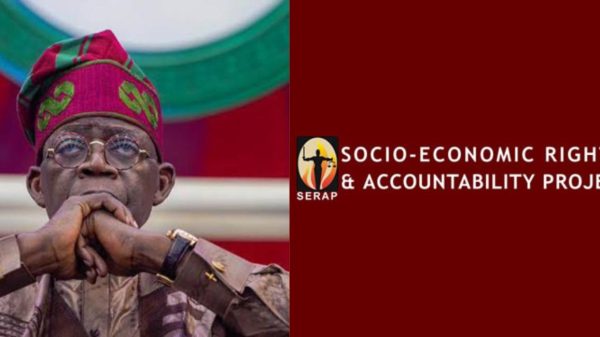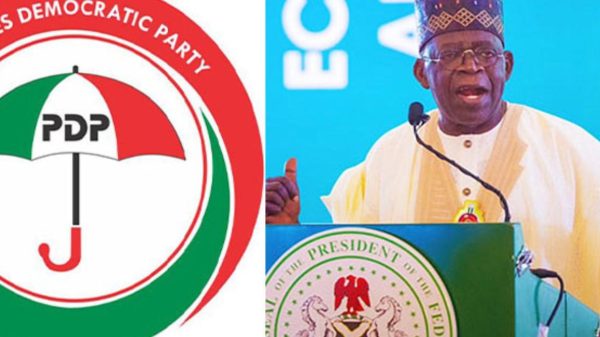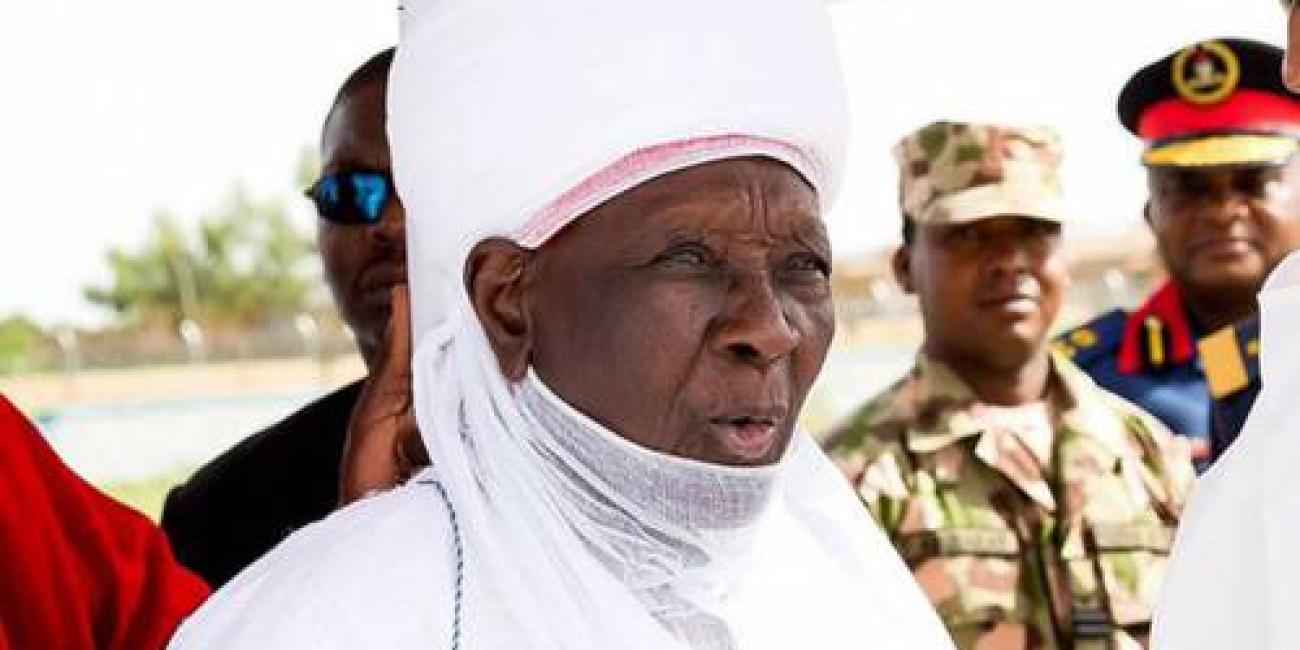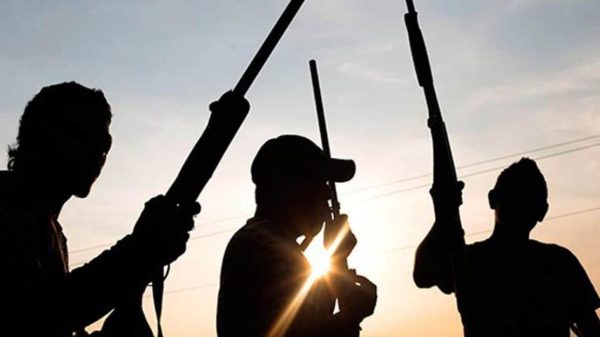In a decisive move that has drawn widespread attention, the Emir of Daura, Alhaji Faruq Umar Faruq, has removed the village head of Mantau, Iliya Mantau, from office following serious allegations of kidnapping and rape in Yarmaulu, Baure Local Government Area of Katsina State.
The dethronement was officially announced on Monday after growing public protests by youths in the community, who demanded justice for a woman, Zulaihatu, and her infant child. According to reports, the victims were abducted nearly a year ago by the village head and his alleged accomplices. A ransom of ₦20 million was reportedly paid before the woman was allegedly raped.
The case, which has been under judicial review, sparked public outrage due to what many saw as an alarming delay by traditional authorities in taking action. The protests last week pushed the Daura Emirate Council to reexamine the matter, leading to the traditional ruler’s dismissal.
Speaking during the announcement, Emir Faruq condemned the abuse of power and emphasized that no individual, regardless of status, would be shielded from justice within the Emirate.
“This Emirate has previously removed a traditional leader it appointed. Even Sarki Abdurrahman once ordered the imprisonment of his own son. We will never condone abuse of any kind,” the Emir said.
He stressed that the Emirate stands on the principles of justice, fairness, and accountability, urging anyone who feels wronged—even by royal family members—to seek redress through legal and traditional channels.
“The Emirate is for the people. If anyone feels wronged, let them bring their case forward, no matter who is involved,” he added.
As of Monday, Iliya Mantau officially ceases to be the village head of Mantau. A new village leader will be appointed shortly, according to the Emirate, with the expectation that the successor will uphold moral and ethical responsibility.
This case highlights a growing demand for accountability among Nigeria’s traditional rulers, especially in rural areas where such institutions play a major role in community governance.
Civil society groups and human rights advocates in Katsina have welcomed the Emir’s action and called on the government and judiciary to ensure that justice is served fully through legal proceedings.
Observers say this move sets an important precedent in reinforcing that traditional leaders must be held to the same legal and moral standards as every other citizen.
The Emir also cautioned the public against spreading misinformation and reassured residents that their grievances will continue to be heard through proper channels.
As investigations continue, the case serves as a sobering reminder of the responsibility that comes with leadership—traditional or otherwise—and the importance of protecting the rights and dignity of all citizens.



























